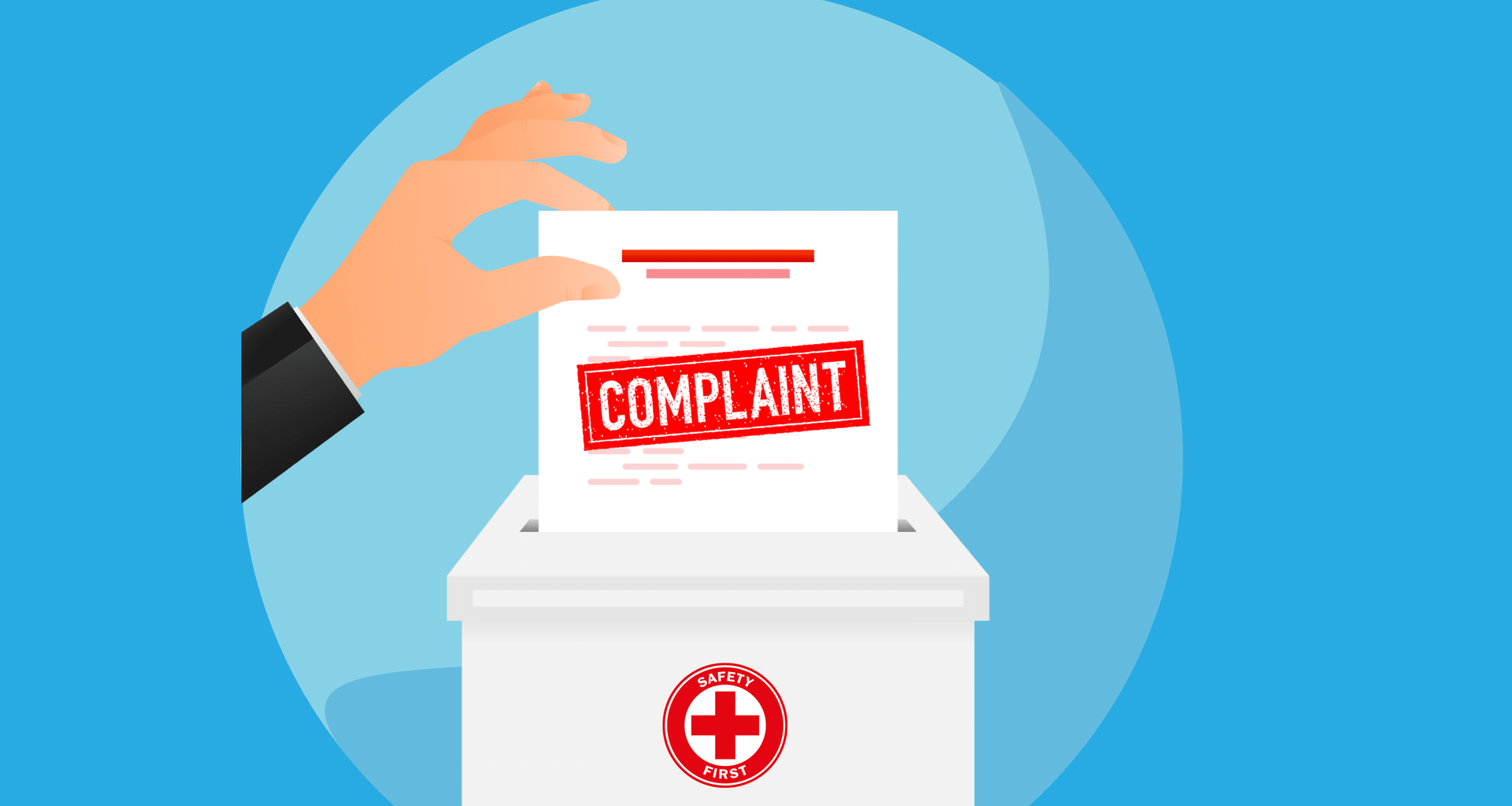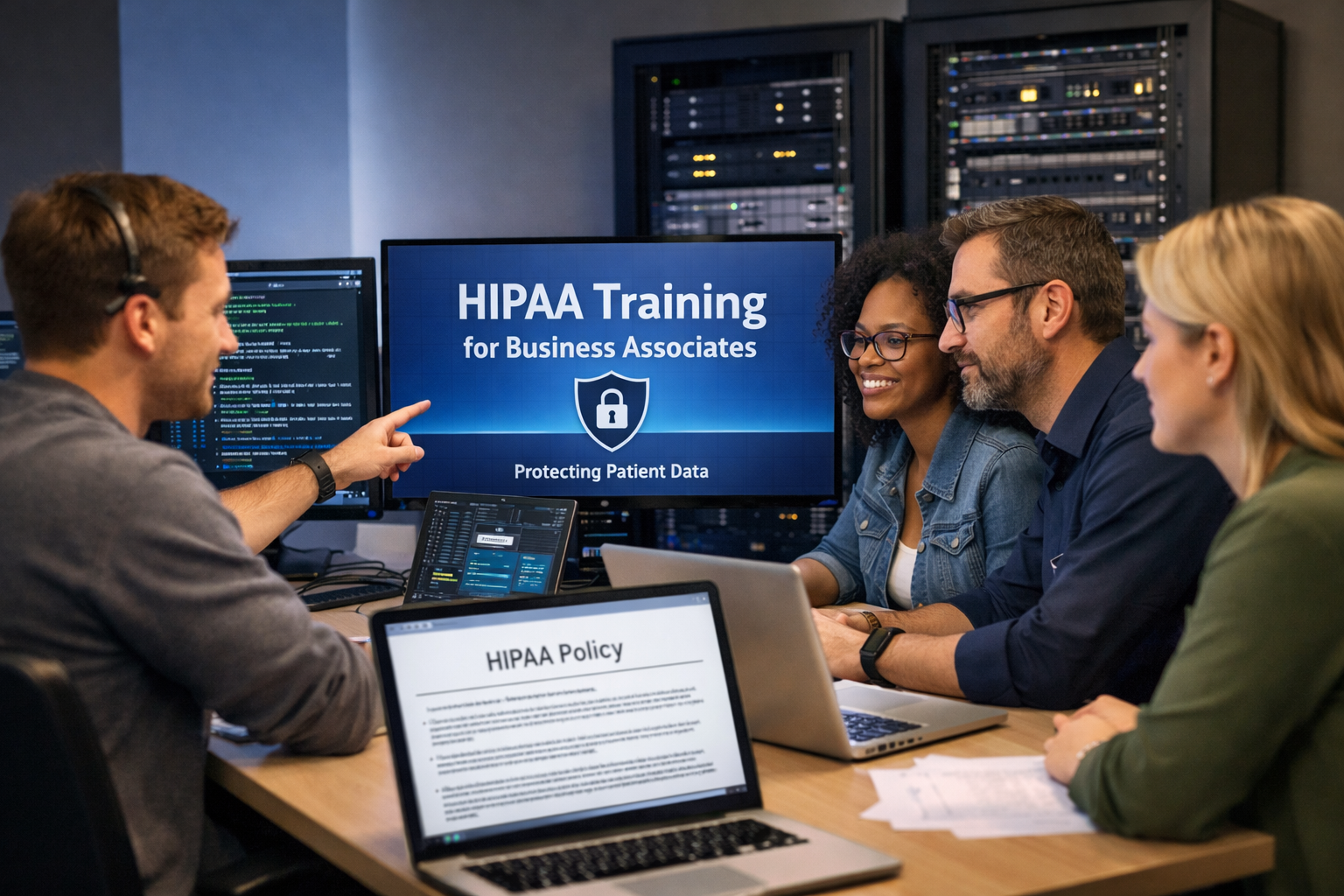
HIPAA Training Springfield, Oregon
Steps you need to take NOW to Improve HIPAA Compliance

Healthcare providers and organizations in Springfield, Oregon, face constant pressure to ensure that their handling of patient information remains compliant with the Health Insurance Portability and Accountability Act (HIPAA). A well-rounded HIPAA compliance program is essential—not just to avoid hefty fines, but to maintain patient trust, safeguard sensitive data, and ensure your organization runs smoothly without legal hiccups.
But what exactly does a comprehensive HIPAA compliance program involve, and how can you improve your current standing? Let’s explore the critical importance of HIPAA compliance and three key steps you can take today to strengthen your program.
Why a Comprehensive HIPAA Compliance Program is Essential
Protecting Patient Data
HIPAA's primary goal is to protect patients' sensitive health information. In an age of rampant cyberattacks and increasing breaches, healthcare organizations must be vigilant. A comprehensive compliance program helps ensure that your organization’s policies, procedures, and technology systems are designed to keep Protected Health Information (PHI) secure.
Avoiding Penalties and Fines
HIPAA violations can lead to severe financial penalties, with fines ranging from thousands of dollars to HUNDREDS of thousands of dollars! Organizations that don't prioritize their HIPAA compliance program are at higher risk of unintentionally violating HIPAA's stringent requirements. The fines for even accidental violations can be devastating, particularly for small practices.
Building Patient Trust
Patients expect their healthcare providers to handle their personal information responsibly. A well-developed HIPAA compliance program instills confidence in patients that their data is safe. Organizations that prioritize compliance are more likely to maintain a positive reputation, foster patient loyalty, and avoid the damaging fallout of data breaches.
Top 3 Things You Need to Do NOW to Improve HIPAA Compliance
Here are three actionable steps to improve your HIPAA compliance program immediately:
1. Conduct a Thorough Risk Assessment
A HIPAA facility risk assessment is a required component under the HIPAA Security Rule, and it’s one of the most effective ways to identify vulnerabilities in your current systems. During a risk assessment, you will:
- Identify where PHI is stored, received, maintained, and transmitted.
- Review your current safeguards to determine if they are adequate.
- Assess the potential impact and likelihood of risks like unauthorized access or breaches.
By conducting a risk assessment, you gain a clearer understanding of your weak spots and can take proactive steps to strengthen your security measures.
2. Train Your Staff Regularly
HIPAA training is not a one-time event. Regular, ongoing training for all staff—whether they're administrators, physicians, or support personnel—is essential to keeping your organization compliant. Every employee needs to understand how to:
- Properly handle PHI.
- Recognize and report a data breach.
- Respond to patient requests for medical records in compliance with HIPAA rules.
Providing comprehensive HIPAA training not only reduces the risk of human error but also helps create a culture of compliance within your organization.
3. Implement or Update Your Written Policies and Procedures
It’s not enough to simply have policies and procedures in place—they must be regularly reviewed and updated to reflect changes in technology, regulation, or internal operations. This includes policies related to:
- Data encryption and secure storage of electronic PHI (ePHI).
- Breach notification protocols.
- Access controls and user authentication.
Having up-to-date policies ensures that everyone in the organization is on the same page and that you have documented proof of your compliance efforts should an audit occur.
Conclusion
HIPAA compliance is not optional for healthcare organizations—it’s an essential part of your business operations. By conducting regular risk assessments, ensuring that all staff receive HIPAA training, and maintaining comprehensive, current policies, you’ll be well on your way to a stronger HIPAA compliance program. The cost of non-compliance, both in terms of financial penalties and damage to your reputation, far outweighs the investment in a robust compliance strategy.
If you need assistance with HIPAA training or compliance support, Healthcare Compliance Associates is here to help. Our expert team provides tailored training programs and compliance solutions that align with the specific needs of healthcare organizations in Springfield, Oregon (and the rest of Oregon). Reach out to us today to ensure your HIPAA compliance is on track!











